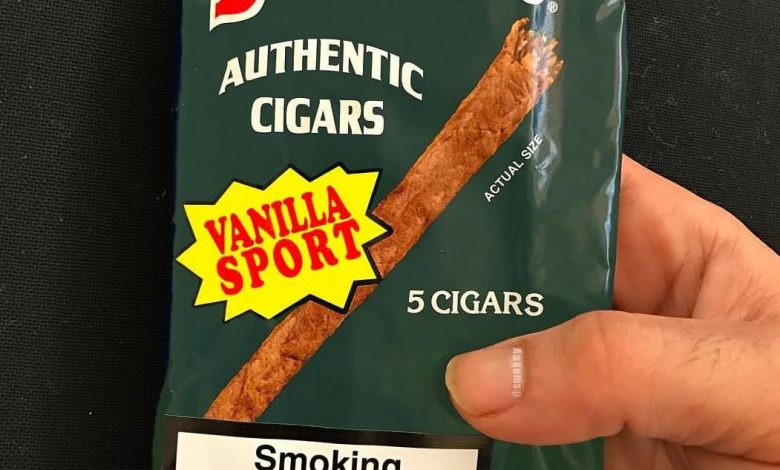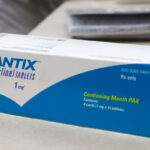What Led to the FDA Banning Backwoods?

Backwoods Smokes is a popular brand of cigars produced in the United States since 1973. This product was notable during the 1970s and 1980s for heavy advertising, which became one of the more obvious examples of how companies at the time reacted to changing laws and cultural views on public health and the smoking culture.
Last year, the Food and Drug Administration announced plans to ban menthol-flavored cigarettes and all flavored cigars, starting in 2022 this included Backwoods, Swisher Sweets, Black and Milkds, flavored e-cigarettes, and others in that category. The FDA’s proposal responds to a lawsuit from the African American Tobacco Control Leadership Council filed in 2013 calling for the national ban, which would target makers and sellers, not users, of menthols and flavored cigars.
Menthol is the last allowable flavor for cigarettes. According to the FDA, menthol cigarettes have been disproportionately used by youth, people of color, and low-income communities. The vast majority of Black smokers favor menthol cigarette brands, and Black men currently have the highest rates of lung cancer in the country.
“With these actions, the FDA will help significantly reduce youth initiation, increase the chances of smoking cessation among current smokers, and address health disparities experienced by communities of color, low-income populations, and LGBTQ+ individuals, all of whom are far more likely to use these tobacco products,” said Acting FDA Commissioner Janet Woodcock, in a press release.
According to the agency, there is strong evidence that a menthol ban will help people quit. Studies show that menthol increases the appeal of tobacco and facilitates progression to regular smoking, particularly among youths and young adults. Menthol masks the unpleasant flavors and harshness of tobacco products, making them easier to start using. Tobacco products with menthol can also be more addictive and harder to quit by enhancing the effects of nicotine. One study suggests that banning menthol cigarettes in the U.S. would lead an additional 923,000 smokers to quit, including 230,000 African Americans in the first 13 to 17 months after a ban goes into effect. An earlier study projected that about 633,000 deaths would be averted, including about 237,000 deaths averted for African Americans.
If implemented, the FDA’s enforcement of any ban on menthol cigarettes and all flavored cigars will only address manufacturers, distributors, wholesalers, importers, and retailers. The FDA cannot and will not enforce against individual consumer possession or use of menthol cigarettes or any tobacco product. The FDA will work to make sure that any unlawful tobacco products do not make their way onto the market.
These actions according to the release are an important opportunity to achieve significant, meaningful public health gains and advance health equity. The FDA is working expeditiously on the two issues, and the next step will be for the agency to publish proposed rules in the Federal Register allowing an opportunity for public comment.
The agency also recognizes the importance of ensuring broad and equitable access to all the tools and resources that can help currently addicted smokers seeking to quit, including those who smoke menthol cigarettes and would be impacted by these public health measures. The FDA will work with partners in other federal agencies to make sure the support is there for those who are trying to quit. Smokers interested in quitting today should visit smokefree.gov or call 1-800-QUIT-NOW to learn about cessation services available in their state.
The FDA also stated that it remains focused on its regulatory oversight of e-cigarettes and other electronic nicotine delivery systems (ENDS). The Center for Tobacco Products recently provided an update on its ongoing work of conducting the premarket review of ENDS and other tobacco product applications and has issued warning letters to ENDS product manufacturers and retailers who continue to sell products that are illegally on the market.
It stated that the agency has also made a significant investment in a multimedia e-cigarette public education campaign. The campaign targets nearly 10.7 million youths aged 12-17 who have ever used e-cigarettes or are open to trying them and highlights information about the potential risks of e-cigarette use.





